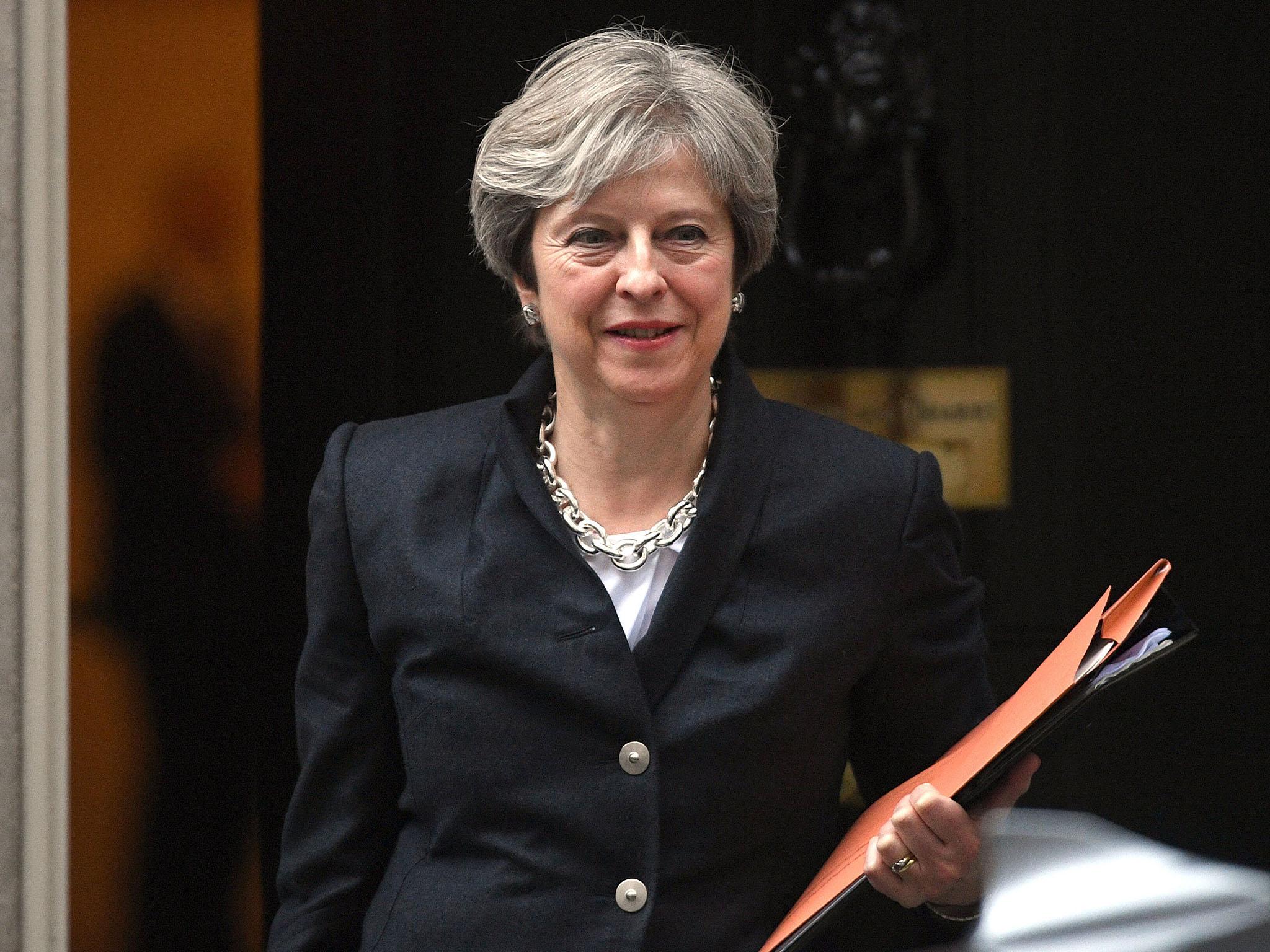Theresa May can postpone a showdown with the hard Brexiteers for only another few days
The House of Commons has finally began debating the EU (Withdrawal) Bill, the essential legal underpinning of the UK’s departure, but it is the Brussels summit next month that really matters

Your support helps us to tell the story
From reproductive rights to climate change to Big Tech, The Independent is on the ground when the story is developing. Whether it's investigating the financials of Elon Musk's pro-Trump PAC or producing our latest documentary, 'The A Word', which shines a light on the American women fighting for reproductive rights, we know how important it is to parse out the facts from the messaging.
At such a critical moment in US history, we need reporters on the ground. Your donation allows us to keep sending journalists to speak to both sides of the story.
The Independent is trusted by Americans across the entire political spectrum. And unlike many other quality news outlets, we choose not to lock Americans out of our reporting and analysis with paywalls. We believe quality journalism should be available to everyone, paid for by those who can afford it.
Your support makes all the difference.Ever since the referendum on Britain’s membership of the European Union, the Government has advanced slowly and sideways towards implementing the decision to leave. It is surprising that, 17 months later, we have made so little progress towards deciding the terms of our departure and what relationship we want with the EU afterwards.
Today, the House of Commons finally began debating the EU (Withdrawal) Bill, the essential legal underpinning of our departure. Amendments have been tabled in an attempt by Labour MPs and some pro-EU Conservatives to try to influence Theresa May’s negotiating strategy. As we report today, there are likely to be close votes in which the Government risks being defeated, but they will not happen until after next week’s Budget.
Meanwhile, the country approaches the next crucial moment of decision, which is the European summit on 14 and 15 December. At this meeting of the EU Council, Ms May needs other EU leaders to agree that “sufficient progress” has been made, which would then unlock the next stage of the talks, about the all-important trading relationship.
In order to make that progress, Ms May has to make two concessions that would go down badly with her party. First, she has to offer more money and, second, she has to offer a compromise on the rights of EU nationals in the UK that would allow the European Court of Justice (ECJ) an indirect say over them. (The EU side has also said that progress is required on the question of the Irish border, but it may accept that this should await discussion on trade and customs.)
So far, the Prime Minister has held back from confronting the hardcore Leavers in her party with the reality of the UK’s negotiating position, which is that it is in our national interest to do a deal and that this means substantial compromises. That in turn means accepting that we will have to pay more than Ms May has so far offered. In her Florence speech she suggested that the UK would continue its current net contributions to the EU for the two years of what she calls an implementation period. Given that this means no change for two years, other EU countries could be forgiven for thinking that Ms May’s offer currently stands at zero.
In any case, the Government has accepted that the UK will pay for pensions and other future commitments, so it is time now for Ms May to agree how that figure will be calculated and to absorb the political pain from having others put a (no doubt very large) number on it.
On the rights of EU nationals in the UK after Brexit, she is going to have to accept some kind of joint decision by the UK Supreme Court and the ECJ. This might tread on one of the red lines set out by Boris Johnson, the Foreign Secretary – but not perhaps cross it.
Her worry is that making these concessions would trigger a Tory Eurosceptic revolt to replace her with someone more “committed” to leaving: Mr Johnson, David Davis or Michael Gove.
But if there is no progress at the December summit, the talks would not move on to trade until March, which would increase the risk of leaving the EU without a deal. That would be disastrous, and Ms May must know it. We are now close to the moment when she has to confront the hard Brexiteers and face them down.
Join our commenting forum
Join thought-provoking conversations, follow other Independent readers and see their replies
Comments